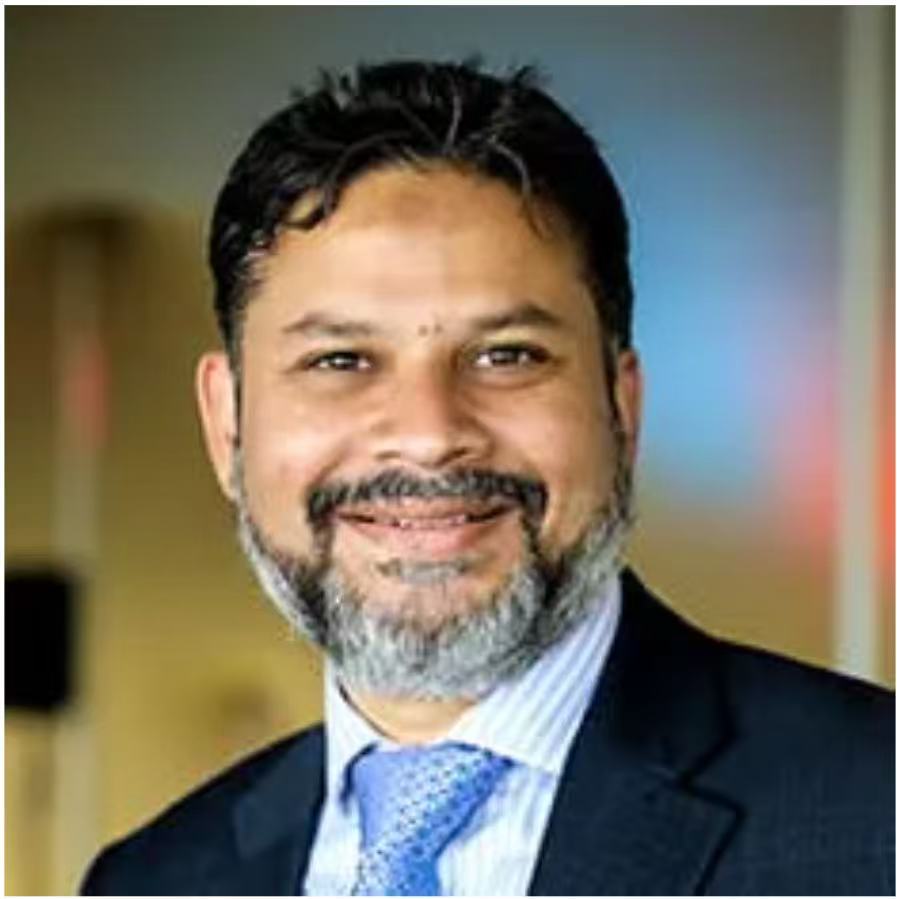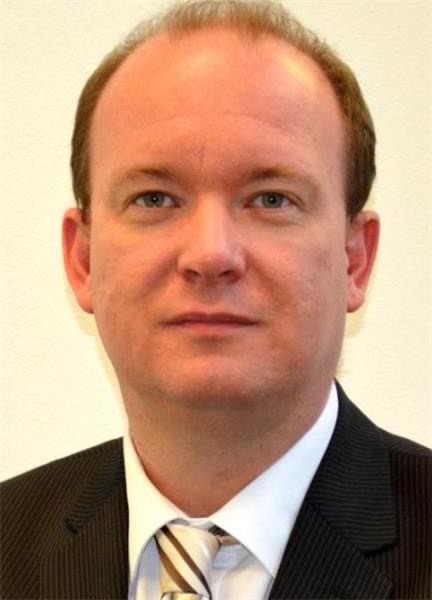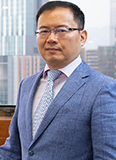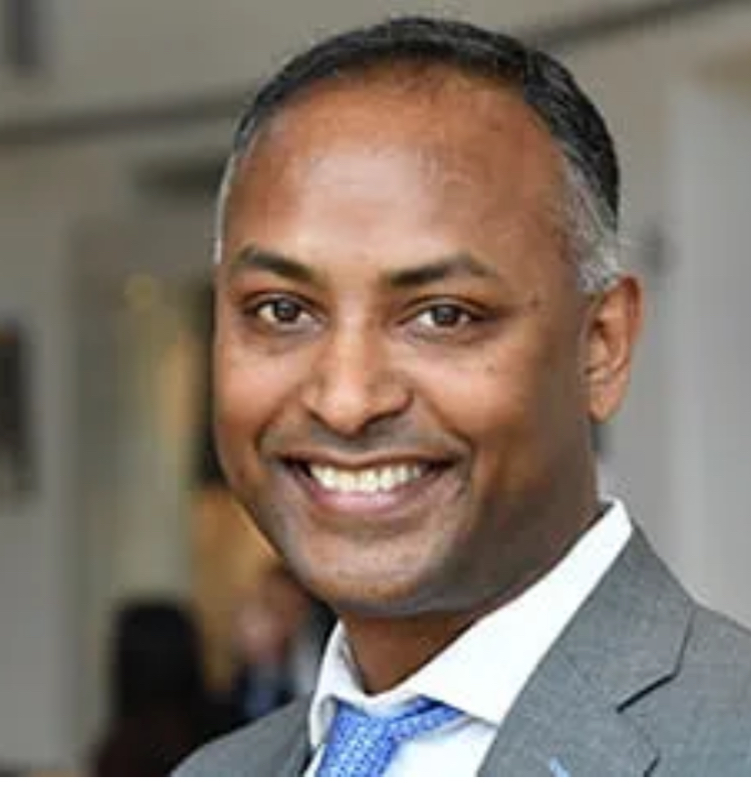Plenary Speakers
 | Professor Mohammad AliAnglia Ruskin University, UK Mohammad Ali is the Pro Vice-Chancellor & Dean at Anglia Ruskin University and holds key leadership roles, including Vice Chair of the Chartered Association of Business Schools (CABS) and Chair of the Risk & Audit Committee. He is a distinguished academic and executive leader with over 25 years of experience in higher education, business, law, governance, and the automotive sector. With extensive expertise in corporate governance, strategic planning, risk management, and stakeholder engagement, he has a proven track record of driving institutional growth and innovation. He frequently engages with professional organisations, serving as a judge for the Financial Times Responsible Business Education Awards, British Academy of Management Education Practice Awards and previously as a board member in the Government Advisory Board for changes in ISO manufacturing standards for automotive parts. Additionally, he has been a judge for the European Foundation for Management Development, supply chain case competition and an Academic Auditor for the Chartered Institute of Logistics and Transport. A leading researcher in business forecasting, Mohammad has an impressive publication record with 70% of his peer-reviewed journal articles appearing in highly ranked 3* and 4* journals (Chartered ABS). Through his work, he continues to enhance business education, promote institutional excellence, and cultivate impactful collaborations across sectors. |
| Professor Michael PollittUniversity of Cambridge, UK Michael Pollitt is a Professor of Business Economics, and Head of the Economics & Policy subject group at Cambridge Judge Business School, University of Cambridge. He has advised a wide range of national and international bodies, including the UK Competition Commission, New Zealand Commerce Commission, Ofgem, Ofwat, the DTI, the World Bank, and the European Commission. He has also consulted for major companies such as National Grid, UKPN, AWG, EdF, Eneco, Nuon, Roche, and TenneT. Professor Pollitt serves on the editorial boards of several leading journals, including The Energy Journal, Energy Economics, Review of Industrial Organization, Competition and Regulation in Network Industries, Energy and Climate Change, Economics of Energy and Environmental Policy, and Utilities Policy. He is an Honorary Academic Co-Director at CERRE (Centre on Regulation in Europe) and a Fellow at the Payne Institute for Public Policy, Colorado School of Mines. Since 2000, he has convened the Association for Christian Economics (ACE), UK. Michael is also the Coach for the Cambridge MBA’s Energy & Environment concentration. His work focuses on how economics can improve growth, business performance, and environmental outcomes. His research interests include industrial economics, the privatisation and regulation of utilities, energy economics, productive efficiency, and the intersection of Christian ethics with best practice in business. He holds an MA from the University of Cambridge and an MPhil and DPhil from the University of Oxford, and is Fellow of Sidney Sussex College of University of Cambridge. Title: European Policies for Net Zero: The narrow path to success Abstract: This lecture will discuss what it will take to get to net zero by 2050. We will cover what energy system modelling suggests are the elements of net zero and then consider what policy instruments are likely to work in delivering them. We will discuss the role of subsidies, taxes, markets and innovation in driving net zero. We will suggest that the feasible path to a net zero economy is narrow, dependent on international cooperation and a function of events both good and bad. |
 | Professor Gary PackhamPro Vice Chancellor – Student Enterprise and Entrepreneurship Anglia Ruskin University & Chair – National Centre for Entrepreneurship Education Professor Gary Packham, previously served as Dean of the Faculty of Business and Law at ARU, has led major institutional initiatives focused on student enterprise, employability, and international development. Under his leadership, the Faculty achieved strong REF results, launched new curricula, and delivered high-profile work-based learning programmes for organisations such as Barclays, Harrods, and the Ministry of Defence. Gary’s academic expertise lies in small business management, entrepreneurship education, knowledge transfer, and IP commercialisation. He has published extensively and has supervised research on SME internationalisation, entrepreneurial traits, and e-commerce adoption. Before joining ARU, he was Head of Glamorgan Business School and Director of the Centre for Enterprise. He has led numerous research and consultancy projects funded by the European Commission, Welsh Government, and the Intellectual Property Office, contributing to initiatives worth over £10 million in European Structural Funds. Gary is a Fellow of several professional bodies, including the Chartered Management Institute and the Institute of Enterprise and Entrepreneurs. He has presented at more than 60 international conferences and regularly provides expert media commentary on entrepreneurship and SME policy. Title: Towards the Entrepreneurial University: Our Present and Future Abstract: In a rapidly evolving global landscape, universities can no longer rely solely on traditional academic models. Faced with mounting economic pressures, technological disruption, and shifting societal expectations, institutions must reimagine their roles. exploring how entrepreneurial principles and dynamic leadership can empower universities to thrive in this new reality. Bold reinvention where entrepreneurial thinking is embedded across governance, teaching and research is required. Entrepreneurial universities can foster innovation, agility and partnerships which can transcend conventional boundaries, enabling them to respond proactively to uncertainty and complexity. Fostering cultures of experimentation, risk-taking, and impact-driven education and research also enable institutions to align more closely with the needs of students, industries, and communities to drive innovation and shared prosperity. |
| Ingo WenderFounding President of Advanced Potash Technologies, Brazil Ingo is a high-tech entrepreneur and investor with focus on natural resources conversion processes, with a track record of supporting the development of innovative and sustainable solutions in metal production, soil revitalization, water quality, energy management, and advanced materials. He was the first investor in Boston Metal, an MIT spinout and Bill Gates-backed company, commercialising molten oxide electrolysis for ferro ally and green steel production. His other ventures include pioneering potassium-based nutrients produced from feldspar, to restore degraded soils, producing sustainable potash fertilizers to enhance crop health and improving crop productivity and backing the advancing of cost-effective high-quality graphene for energy storage. As the founder of Cambridge Advanced Holdings, Ingo supports groundbreaking research on recycling waste plastics, promoting a circular economy, and upcycling waste into high-performance materials for energy storage applications and others. |
Professor Qing LiThe Hong Kong Polytechnic University, Hongkong, China Qing Li is currently a Chair Professor (Data Science) and the Head of the Department of Computing, the Hong Kong Polytechnic University. Formerly, he was the founding Director of the Multimedia software Engineering Research Centre (MERC), and a Professor at City University of Hong Kong where he worked in the Department of Computer Science from 1998 to 2018. Prior to these, he has also taught at the Hong Kong University of Science and Technology and the Australian National University (Canberra, Australia). Prof. Li served as a consultant to Microsoft Research Asia (Beijing, China), Motorola Global Computing and Telecommunications Division (Tianjin Regional Operations Center), and the Division of Information Technology, Commonwealth Scientific and Industrial Research Organization (CSIRO) in Australia. He has been an Adjunct Professor of the University of Science and Technology of China (USTC) and the Wuhan University, and a Guest Professor of the Hunan University (Changsha, China) where he got his BEng. degree from the Department of Computer Science in 1982. He is also a Guest Professor (Software Technology) of the Zhejiang University (Hangzhou, China) -- the leading university of the Zhejiang province where he was born. Prof. Li has been actively involved in the research community by serving as an associate editor and reviewer for technical journals, and as an organizer/co-organizer of numerous international conferences. Some recent conferences in which he is playing or has played major roles include APWeb-WAIM'18, ICDM 2018, WISE2017, ICDSC2016, DASFAA2015, U-Media2014, ER2013, RecSys2013, NDBC2012, ICMR2012, CoopIS2011, WAIM2010, DASFAA2010, APWeb-WAIM'09, ER'08, WISE'07, ICWL'06, HSI'05, WAIM'04, IDEAS'03,VLDB'02, PAKDD'01, IFIP 2.6 Working Conference on Database Semantics (DS-9), IDS'00, and WISE'00. In addition, he served as a programme committee member for over fifty international conferences (including VLDB, ICDE, WWW, DASF |
| Professor Minna LammiAnglia Ruskin University, UK Minna Lammi is a Professor of Sustainability at Anglia Ruskin University. Her expertise lies in circular economy, sustainable business models, consumer acceptance, and transition processes toward a sustainable society. Over the past decade, Minna has focused on the emerging circular economy, striving to make a meaningful impact through research aimed at promoting knowledge-based policies and driving societal change toward sustainability. She frequently employs participatory and deliberative methods in her work. Minna regularly collaborates with companies to promote the transition toward a circular economy and sustainable practices. Her research has been funded by several funding bodies, including the Strategic Research Council of Finland, among others. Title: Why Is the Circular Economy Still Stuck Abstract: The circular economy (CE) has attracted the interest of policymakers, researchers, and industry alike. Currently, the circular economy is an option that has inspired businesses to imagine a world where we could achieve a sustainable economy without compromising economic growth and consumption. Academic discussion, on the other hand, has focused on technological advancements, production and environmental issues and waste. These discourses between different spheres remain separate, and despite bold visions and growing awareness, transformation remains painfully slow, often remaining at the level of pilot projects, fragmented initiatives, or political and business rhetoric. The talk will examine the current progress and the barriers and drivers for change from policy to business models and consumer acceptance, calling for a rethinking of what a thriving circular economy could entail and how academia can contribute to this reshaping process. |
| Professor Manoj DoraProfessor in Sustainable Production and Consumption, Anglia Ruskin University Manoj's areas of expertise include sustainable management, the circular economy, and food supply chains. His research has focused on how we can switch from our current industrial 'linear' model to a circular economy and how operational excellence tools and industry 4.0 technologies can be combined in a connected supply chain to achieve zero-waste. Professor Manoj Dora is the director of the Centre for Intelligent Supply Chains. With core expertise in operations and supply chain management, Manoj has an interdisciplinary background in applied economics, environmental sciences and works at interface between these disciplines to generate impact on policy and businesses. Manoj's research projects are collaborative in nature, have been co-designed by challenge owners and multi-stakeholders in a participatory way and involves addressing research priorities of partners in the UK, Asia, Latin America and Africa for generating impact. |





